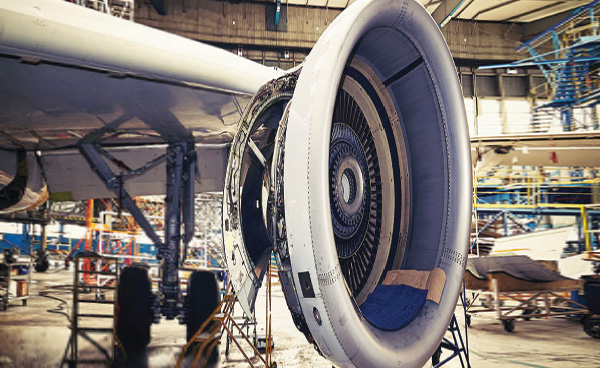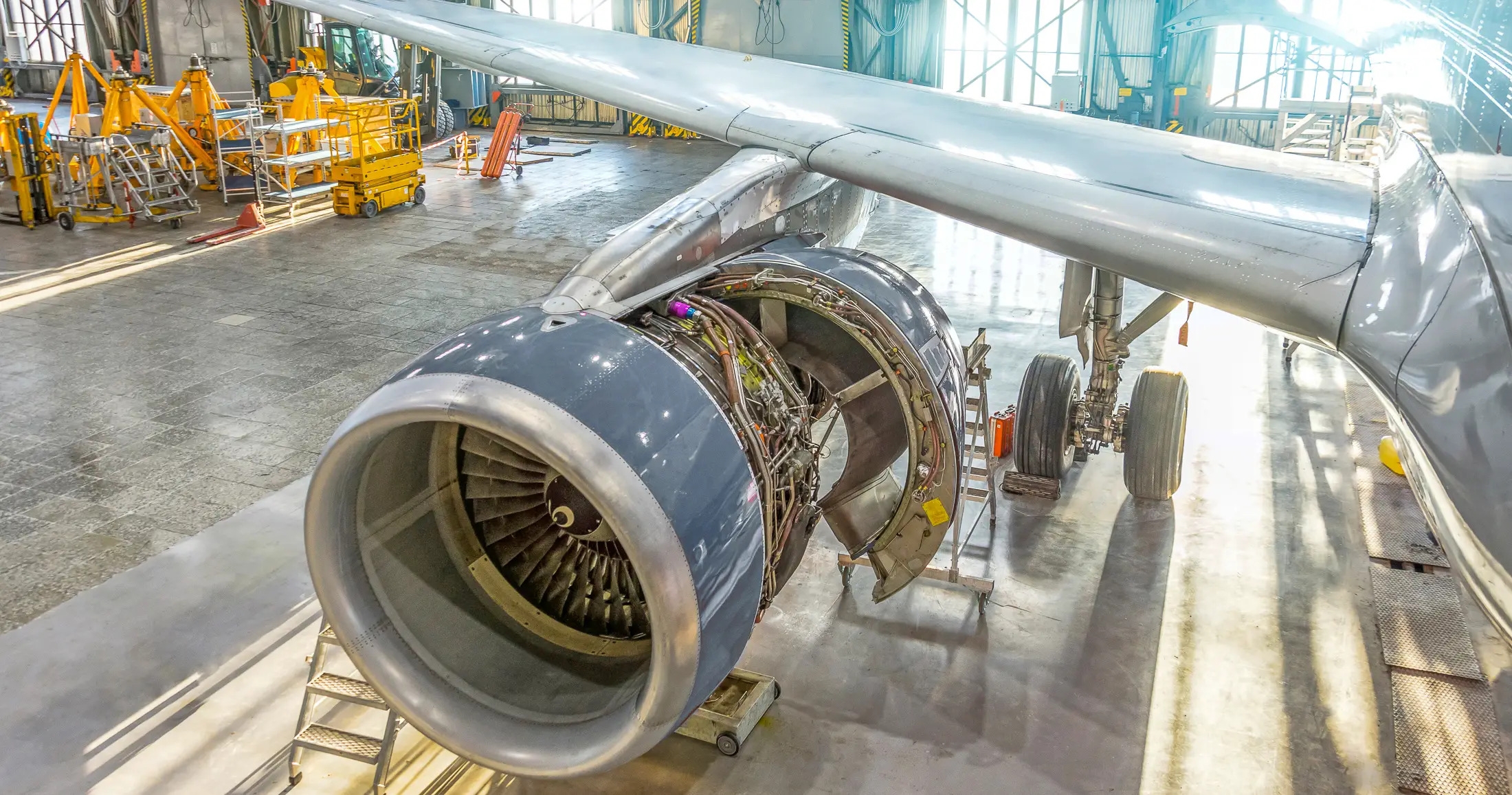Introduction
In the dynamic and intricate world of aerospace, the efficient management of Maintenance, Repair, and Overhaul (MRO) operations is critical to ensuring the safety, reliability, and cost-effectiveness of aircraft. The advent of Enterprise Resource Planning (ERP) systems has revolutionized MRO processes, offering streamlined solutions that address the unique challenges faced by the aerospace industry. This article delves into the significance of MRO ERP systems in aerospace, exploring their benefits, features, and impact on operational excellence.
Challenges in Aerospace MRO Operations
Maintenance, Repair, and Overhaul operations in the aerospace industry are characterized by their complexity, regulatory compliance requirements, and the need for precision. Airlines, maintenance facilities, and manufacturers grapple with challenges such as managing vast inventories of spare parts, adhering to stringent safety regulations, optimizing resource allocation, and minimizing aircraft downtime.
Additionally, aerospace MRO operations are subject to rapid technological advancements, necessitating quick adoption of new technologies and processes. Traditional paper-based or disjointed software systems struggle to keep up with these demands, leading to inefficiencies, errors, and increased costs.
The Role of ERP Systems in Aerospace MRO
Enterprise Resource Planning (ERP) systems have emerged as a powerful solution to address the intricate challenges of aerospace MRO operations. These integrated software platforms consolidate various functions and processes across an organization, offering a comprehensive and real-time view of operations.
In the context of aerospace MRO ERP systems play a crucial role in the following areas:
Inventory Management: ERP systems enable accurate tracking and management of spare parts, tools, and equipment. This feature ensures that the right components are available when needed, minimizing aircraft downtime and optimizing maintenance schedules.
Regulatory Compliance: Aerospace MRO operations are subject to a multitude of regulations and certifications. ERP systems facilitate compliance by centralizing documentation, automating audit processes, and providing a transparent trail of activities.
Resource Allocation: Efficient allocation of resources, including skilled labor and facilities, is essential for streamlined MRO operations. ERP systems provide tools to schedule and assign tasks based on availability, skills, and priorities.
Data-driven Decision Making: MRO ERP systems collect and analyze a wealth of data, enabling informed decision-making. Performance metrics, maintenance histories, and predictive analytics empower organizations to identify trends, optimize processes, and reduce costs.
Communication and Collaboration: Effective communication and collaboration are vital in aerospace MRO, involving multiple stakeholders such as engineers, mechanics, and regulatory authorities. ERP systems enhance communication by providing a centralized platform for sharing information and updates in real-time.
Traceability and Quality Assurance: Traceability is paramount in aerospace MRO to ensure the safety and reliability of aircraft. ERP systems enable the tracking of parts, materials, and maintenance activities, contributing to enhanced quality assurance.
Benefits of MRO ERP Systems
The adoption of MRO ERP systems in aerospace offers a myriad of benefits that contribute to operational excellence and improved outcomes:
Reduced Aircraft Downtime: With streamlined processes and optimized resource allocation, MRO ERP systems minimize aircraft downtime, enabling airlines to maximize revenue-generating flights.
Enhanced Cost Management: By providing visibility into costs associated with maintenance, repairs, and parts inventory, ERP systems enable better cost control and budgeting.
Improved Regulatory Compliance: MRO ERP systems facilitate adherence to regulatory requirements by automating compliance processes and maintaining up-to-date documentation.
Efficient Inventory Management: Aerospace MRO operations involve vast inventories of spare parts. ERP systems optimize inventory levels, reducing carrying costs while ensuring parts availability.
Data-Driven Insights: ERP systems generate actionable insights from data, enabling organizations to make informed decisions, predict maintenance needs, and optimize processes.
Standardized Processes: MRO ERP systems encourage the adoption of standardized processes across the organization, reducing variability and enhancing efficiency.

Features of Effective MRO ERP Systems
To fully realize the benefits outlined above, effective MRO ERP systems in aerospace should possess the following features:
Integration: The system should seamlessly integrate various functions such as maintenance planning, inventory management, compliance, and reporting.
Customization: Aerospace MRO operations vary widely. A flexible ERP system allows for customization to accommodate specific processes and requirements.
User-Friendly Interface: A user-friendly interface ensures that technicians, engineers, and other users can easily navigate the system and access the information they need.
Real-Time Updates: Real-time data updates enable accurate decision-making and provide a current view of operations.
Mobile Accessibility: Mobile compatibility allows users to access the system remotely, enhancing communication and collaboration.
Predictive Analytics: Including predictive analytics helps organizations anticipate maintenance needs and proactively address issues.
Conclusion
In the ever-evolving aerospace industry, the management of Maintenance, Repair, and Overhaul (MRO) operations presents unique challenges that demand innovative solutions. Enterprise Resource Planning (ERP) systems have emerged as a transformative tool, revolutionizing the way aerospace MRO operations are managed. These systems offer streamlined processes, improved resource allocation, enhanced regulatory compliance, and data-driven decision-making, all of which contribute to operational excellence and cost-effective aircraft maintenance. As the aerospace industry continues to advance, MRO ERP systems will remain a crucial asset, ensuring the safety, reliability, and success of aviation operations around the world.












